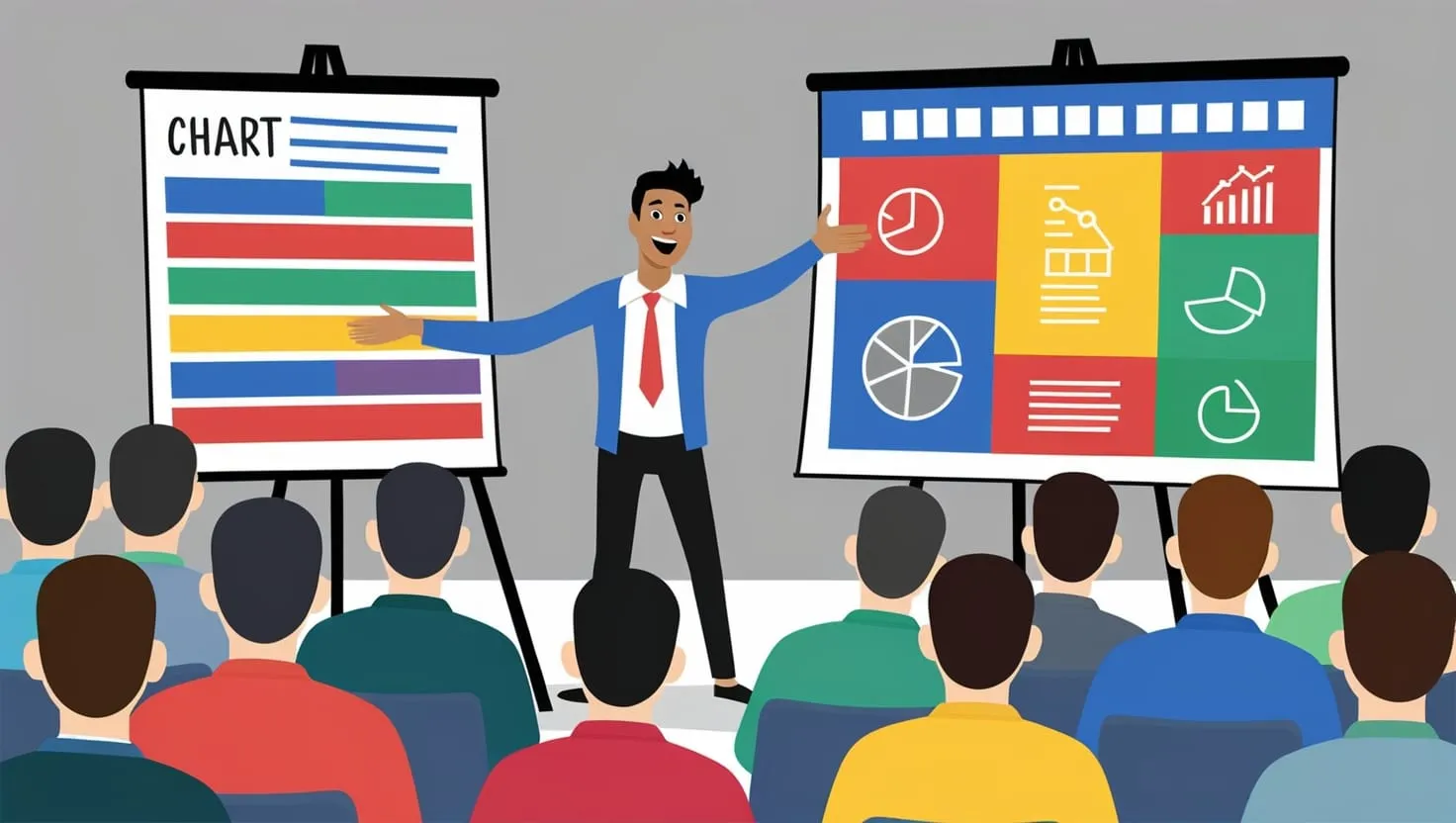The Mindful Money Manager: Master Your Finances and Life with Emotional Intelligence
Discover mindful money management: Balance finances with emotional well-being, personal growth, and life goals. Transform your approach to wealth and success.

Master Your Money Dance: Navigate Life's Twists for Financial Success
Navigate life's financial twists with confidence. Learn to adapt your money strategy through major transitions, build resilience, and align spending with your purpose.

AI and Behavior: The Secret Weapon Revolutionizing Financial Forecasting
AI and behavioral economics are revolutionizing financial forecasting. This combo uses AI's data processing power and behavioral insights to predict market trends more accurately. It analyzes social media, transaction history, and human behavior patterns, adapting to rapid market changes. This approach offers better risk management, fraud detection, and personalized financial services, though data quality and ethical concerns remain key challenges.

Smart Money: App Uses Psychology to Boost Savings and Transform Finances
In the bustling world of personal finance, a young professional named Rahul recently discovered a new app that has transformed his approach to money management. This app, like many others in the fintech landscape, is built on the principles of behavioral economics, using subtle yet powerful digital nudges to guide users toward better financial decisions.

Unlock Financial Freedom: Join a Mindful Money Circle for Support and Success
When it comes to managing our finances, the traditional approach often feels isolating and daunting. We're usually advised to create budgets, track expenses, and set financial goals on our own, which can be overwhelming and demotivating. However, what if we told you there's a more collaborative and engaging way to handle your personal finances? Enter the concept of Mindful Money Circles, a fresh and innovative approach that transforms financial management into a supportive and communal journey.

Mastering the Financial Zeitgeist: Unlock Market Trends for Smarter Investing
In the ever-evolving landscape of finance, understanding the concept of the 'financial zeitgeist' can be a game-changer for investors and financial decision-makers. This idea goes beyond traditional financial metrics, delving into the cultural and societal trends that shape market dynamics.

Digital Feng Shui: Boost Your Money Mindset and Productivity with Smart Workspace Tweaks
In the modern digital age, the lines between our physical and virtual environments have blurred significantly. For finance professionals like Priya, who spend most of their time working remotely, the digital workspace has become an integral part of their daily lives. However, few of us stop to consider how our digital environments might be influencing our financial decision-making and overall productivity.

Money Circle Magic: Boost Your Finances with Friends' Support
When it comes to managing our finances, the traditional approach often involves solitary efforts, with each individual tackling their financial goals in isolation. However, there is a growing movement that suggests a more collaborative and mindful approach can be incredibly effective. This is where the concept of a 'Mindful Money Circle' comes into play.

Mastering Your Brain: Secrets to Winning Financial Decisions Under Pressure
When you find yourself in the high-stakes environment of financial decision-making, it's easy to feel like you're in a battle against time, pressure, and your own brain. Here, we'll delve into the neuroscience behind these decisions, exploring how stress impacts your thinking, the biases that creep in under pressure, and the strategies to maintain clarity in the chaos.

Mindful Money: How One Banker's Stress-Free Approach Revolutionized Finance
In the fast-paced world of finance, where stress and reactivity often reign supreme, there's a growing movement that suggests a different approach – one that integrates mindfulness into financial decision-making. Let's follow the journey of Arjun, a stressed-out investment banker, as he discovers the transformative power of mindfulness in managing his finances.

Boost Your Finances: Sync Money Moves with Nature's Rhythms for Better Results
In the bustling world of finance, where every decision can have significant consequences, it's surprising how often we overlook one of the most fundamental influences on our behavior and productivity: our natural cycles. Maya, a financial advisor, stumbled upon this concept and transformed her approach to money management by aligning her financial activities with the rhythms of her body and the environment.

Boost Your Brain Power: 5 Smart Tricks for Better Financial Decisions
In the bustling life of a busy professional like Anika, managing finances can often take a backseat to more immediate demands. However, the impact of financial decisions on long-term stability and success cannot be overstated. One of the lesser-known but critical factors influencing Anika's financial literacy and decision-making is her brain's limited cognitive bandwidth.

From Numbers to Stories: Mastering Financial Storytelling for Business Success
As a financial leader, communicating complex data to your team and stakeholders can be a daunting task, especially when you're stuck in the rut of traditional financial reporting. Vikram, a CFO, found himself in this very predicament. His team would often zone out during budget presentations, and stakeholders seemed more interested in their phones than in the financial health of the company. But everything changed when Vikram discovered the art of financial storytelling.
